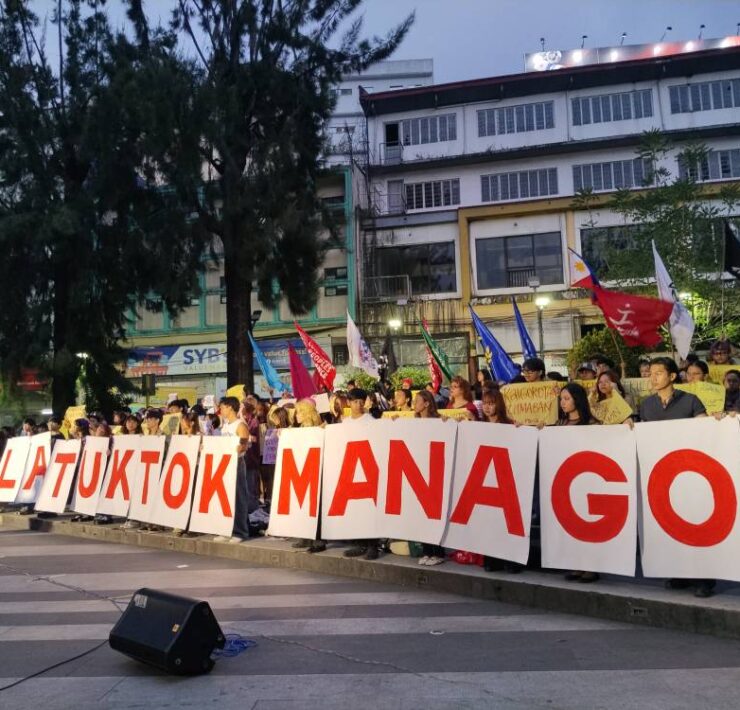For Zambales fishers, every Panatag trip is a gamble
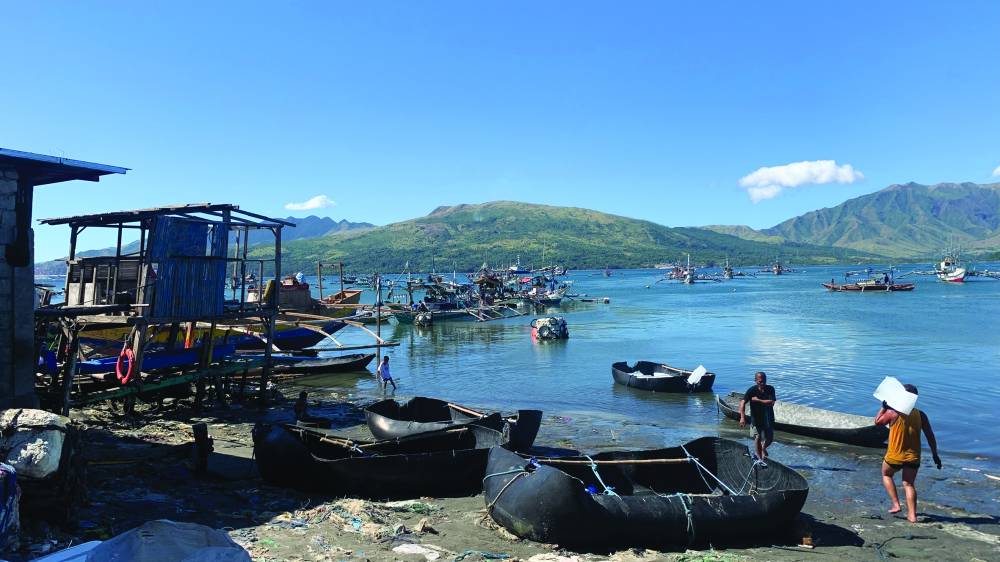
SUBIC, ZAMBALES—For 41-year-old boat skipper Jonathan Robaro, each fishing expedition into the West Philippine Sea is a gamble against shadows. Not of storms, but of ships bearing a foreign flag.
On March 23, Robaro and his crew aboard fishing vessel LJ set out from the fishing community of Calapandayan here, defiant and weary. Their destination: the waters near Scarborough Shoal, locally known as Bajo de Masinloc or Panatag.
Once a haven teeming with marine life, the shoal now lies in uneasy silence, patrolled by Chinese coast guard vessels and watched from the skies.
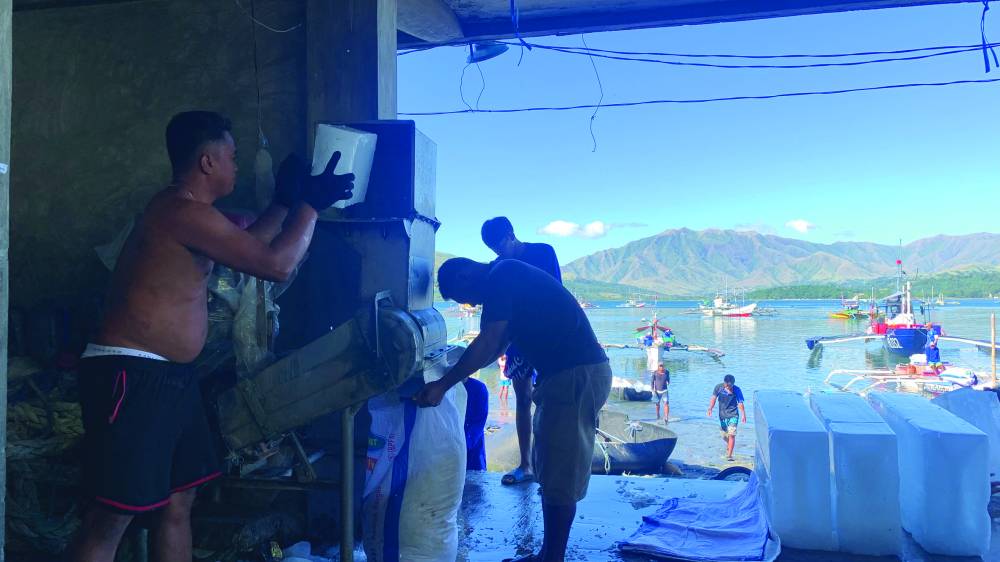
The journey was not just a test of endurance—it was an investment of P150,000, an amount not easy to raise for local fisherfolk. Over half of it burned through fuel tanks, much of it used not to fish, but to flee.
“Nauubos na ‘yung krudo namin kakaiwas pag hinahabol nila kami (We burn through our fuel just trying to avoid them when they chase us),” Robaro shared, his fingers swiping across videos of modern Chinese vessels tailing their humble boat.
Panatag Shoal, which is within the country’s 370-kilometer (200-nautical-mile) exclusive economic zone, is now a geopolitical flash point.
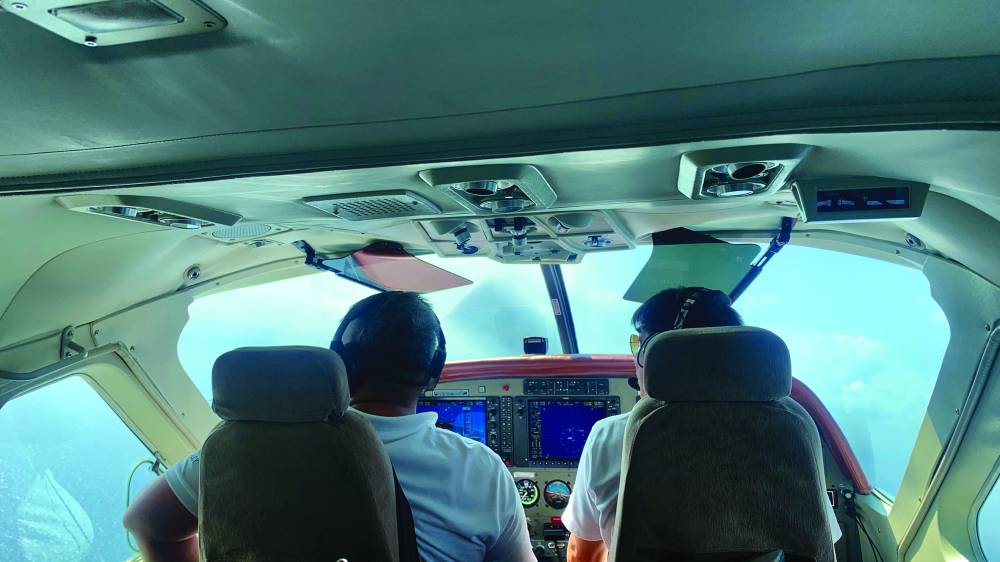
Shadowed
Since 2012, Chinese ships have asserted control, dismissing international rulings like the 2016 decision by the Permanent Court of Arbitration that invalidated Beijing’s vast maritime claims. Yet the shadow of power lingers.
Last month, that shadow was challenged—not by aggression, but by humanitarian resolve.
The Bureau of Fisheries and Aquatic Resources (BFAR) and the Philippine Coast Guard (PCG), braving increasingly tense waters, pressed on with their mission: to deliver life-sustaining aid to Filipino fishermen like Robaro.
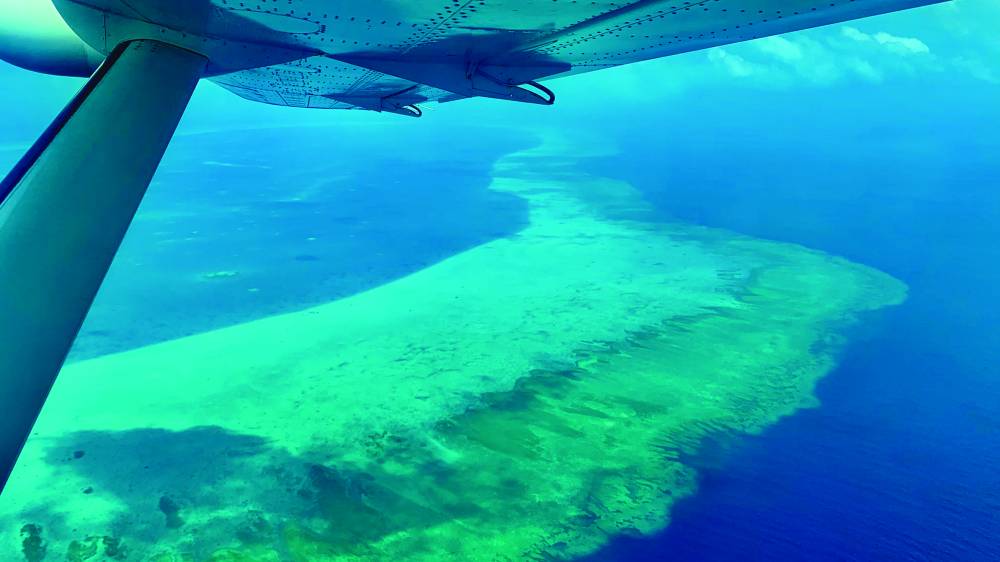
On board four BFAR vessels were essentials—900 liters of fuel, food, and supplies—designed to ease the burden of those navigating both sea and sovereignty.
“This is a good opportunity for us to encourage more Filipino fishing vessels from Zambales and Pangasinan [provinces] to come and receive assistance,” Commodore Jay Tarriela, the PCG’s spokesperson for the West Philippine Sea, told reporters.
Above, the air thrummed with tension. On March 24, a 12-seat patrol plane took off from Subic Bay International Airport in the Subic Bay Freeport. Aboard were journalists, PCG and BFAR personnel who became witnesses to a confrontation not with bullets, but with boundaries.
As the aircraft neared the shoal, a voice crackled over the radio: a warning from Chinese warship 574. “You are entering Chinese territorial airspace. Leave immediately.”
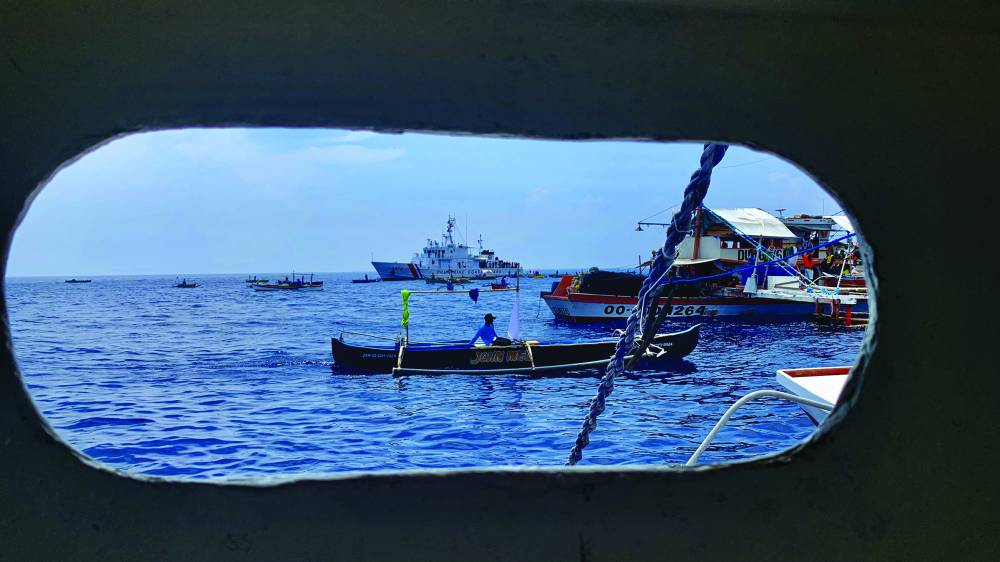
But the Filipino pilots held course, responding with calm defiance, continuing their surveillance mission.
Below, the water told its own story. A floating barrier, a now-familiar structure placed by the
Chinese maritime militia, stretched across the southeastern entrance of the shoal. Beyond it, a flotilla of five China Coast Guard vessels watching 26 Filipino fishing boats, the BFAR ships and two PCG patrol vessels.
Louder messages
“They are blocking our Coast Guard from getting any closer,” Tarriela said. “This is why the barrier was deployed—to prevent our fishermen, [who are] receiving aid, from entering Bajo de Masinloc.”
High above, an unidentified People’s Liberation Army Navy helicopter is seen from a distance. This time, it kept away—unlike last month, when a Chinese chopper came within 3 meters of the same BFAR aircraft, an act deemed dangerously provocative.
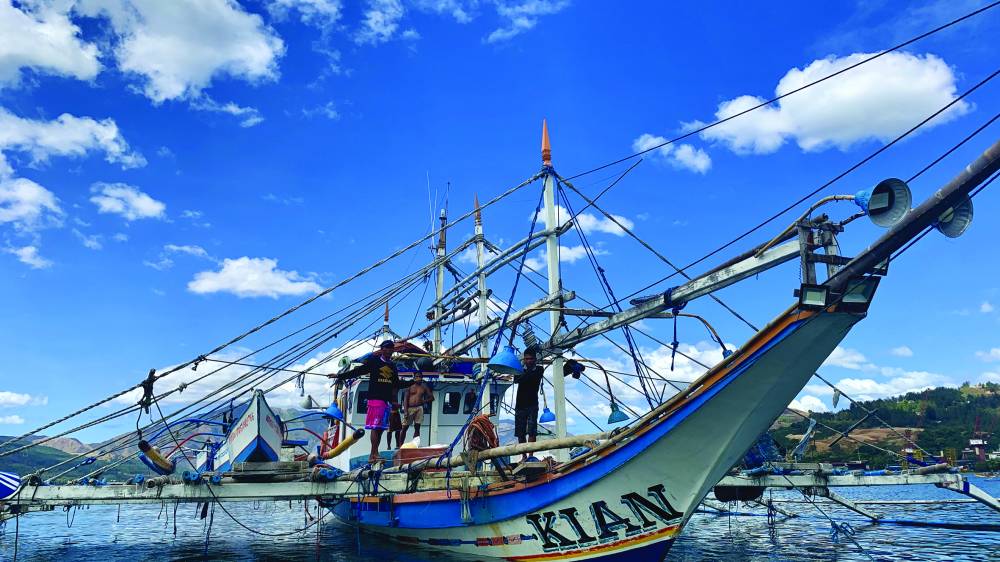
“I would like to believe they learned from that incident. It was criticized not just locally, but internationally. Such dangerous maneuvers are reckless, even for them,” Tarriela noted.
And so the mission continues. BFAR and PCG vessels crisscrossed the contested waters, dodging diplomacy’s undercurrents while ensuring Filipino fishermen are not left adrift.
Back in Subic, Robaro readies for his next voyage. Each trip is a financial strain, each wave a silent challenge.
But there is dignity in resistance—and in the face of encroachment, the quiet act of casting a net becomes a statement of sovereignty.

















